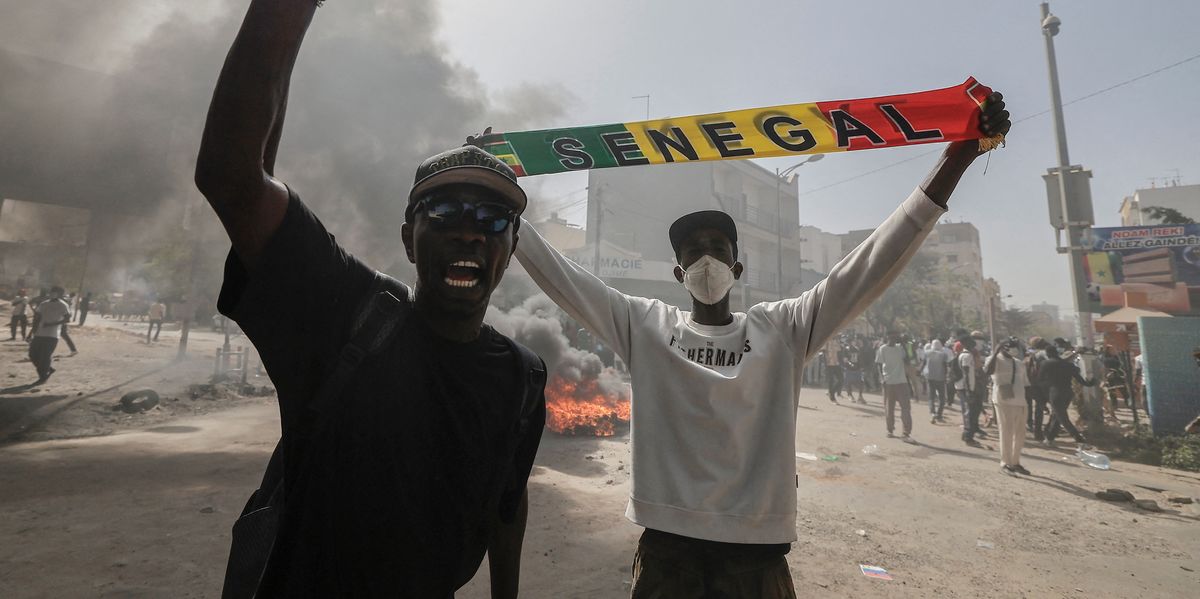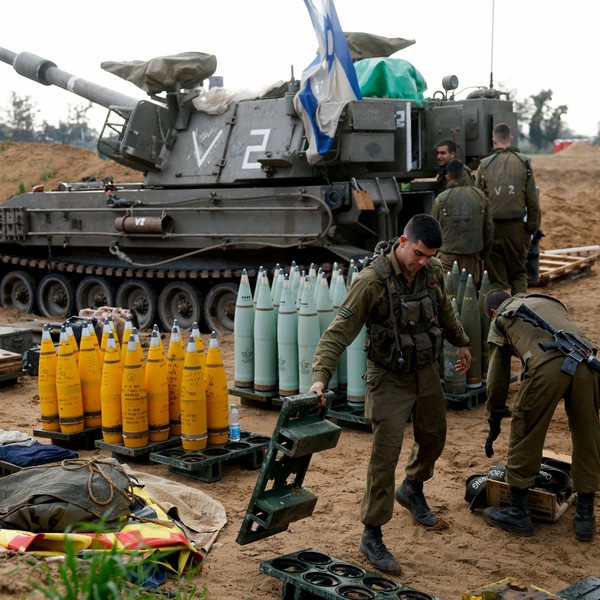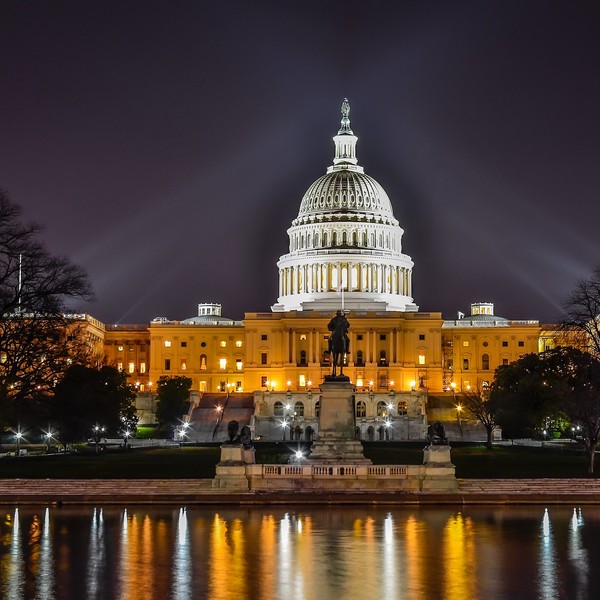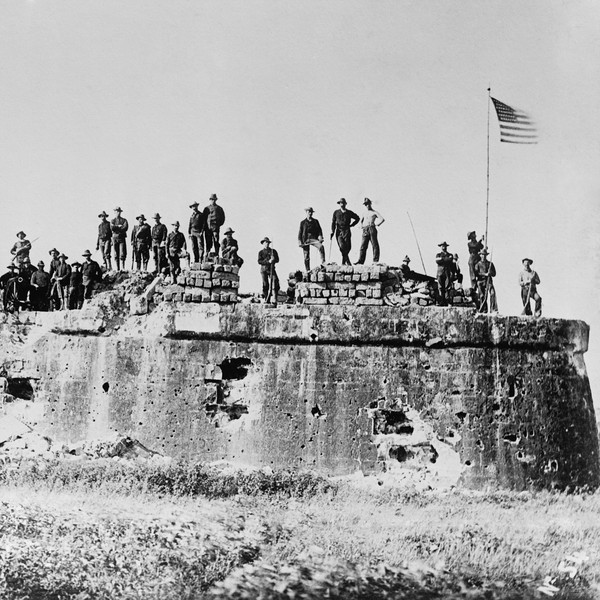Out of several countries in the coup-stricken African Sahel slated to hold elections this year, Senegal looked like the only one that might escape the threat of voter suppression, rigging, or other corrupt practices.
But this is no more the case as a sudden turn of events last week plunged the West African nation into an unprecedented constitutional crisis, which pundits argue could lead anywhere at this point, from an uneasy elite pact to a total state collapse.
On February 3, the eve of the official presidential campaign, Senegal’s President Macky Sall announced a postponement of the election, citing dispute over the candidate list.
His decision to postpone came weeks after a controversy erupted over the exclusion of opposition candidates from the ballot. The opposition Senegalese Democratic Party (PDS), whose candidate Karim Wade was among those excluded by the Constitutional Council from running in the election for possessing a dual French-Senegalese citizenship, had earlier filed a formal request to postpone the vote.
Also excluded is the opposition PASTEF’s popular leader Ousmane Sonko, who opposed Sall in 2019 and has been behind bars since last year for immoral behavior and plotting an insurrection. His candidacy in the 2024 election was rejected last month by the Constitutional Council in a move critics say was targeted at eliminating the most potent obstacle to Sall’s preferred candidate, Prime Minister Amadou Ba, running and winning the forthcoming elections.
Bassirou Diomaye Faye, Sonko’s substitute candidate, is also in jail on charges of contempt of court, defamation, and acts likely to compromise public peace.
Outrage
Never before has Senegal postponed a presidential election. Ordinary Senegalese are shocked by the strange turn of events in part due to the sense of security created by Sall’s decision in July last year not to run for a third term.
“I feel sad for Senegal, a beautiful and peaceful country always considered as an example of democracy and for the Senegalese people who fought in 2011 in the name of democracy so that the current President Macky Sall could be elected,” Awa Diouf, a Senegalese activist, told RS.
Sall has repeated his stance not to run for a third term, but the opposition doesn't believe him, accusing Sall of premeditated plans to cling to power or to force his preferred candidate on the people.
After the decision, protests resurfaced in the country’s capital Dakar reminiscent of scenes of deadly clashes with police that were once a fixture of life from 2021 to 2023. One leading opposition politician was arrested in the renewed disturbance on Feb. 4, as police fired tear gas to disperse angry protesters amidst a growing crackdown which has seen a private television station, Walf TV, suspended for ‘inciting violence’ and internet cut.
The crisis continued into last week at the country’s parliament where a bill seeking to fix a new date for the elections and extend Sall’s tenure led to a row with some opposition MPs forcibly removed by police clad in riot gear.
At the end of proceedings, the parliament, which is dominated by the ruling coalition, Benno Bokk Yakaar (which includes President Sall's Alliance for the Republic party) voted for a 10-month extension of the election until December 15. Sall’s term was originally meant to lapse in early April. In response, activists are once again mobilizing for new protests and many fear for more violent crackdowns.
A diplomatic solution
These developments, which occurred on the heels of U.S. Secretary of State Antony Blinken’s tour of the region last month, have attracted widespread condemnation. The West African bloc, ECOWAS, whose credibility has taken a beating over its handling of a string of coups in the region, failed to condemn the postponement.
In sharp contrast, a statement by the U.S. State Department was more decisive in describing the poll’s postponement as a move that runs “contrary to Senegal’s strong democratic tradition,” while also calling the National Assembly’s vote illegitimate, “given the conditions under which it took place.”
The U.S. also condemned the attacks on press freedom and the severing of internet communications in the country.
“The U.S. is a strong all round partner with Senegal and is the leading provider of development assistance valued at $238 million per year,” Dr. Joseph Siegle of the Africa Center for Strategic Studies noted to RS.
Besides the significant economic ties and trade, it is in the area of regional security that Senegal is most important for the United States. As one of the most stable democracies in Africa and a model for religious and ethnic tolerance, Senegal has been a longtime partner of the U.S. in promoting peace and security in Africa.
“[Senegal’s] importance has become even more outsized in the wake of recent coups and military regimes in Burkina Faso, Mali, Niger and Guinea,” Afolabi Adekaiyaoja, a research analyst with the Centre for Democracy and Development (CDD-West Africa) explained. Although an outlier in the region’s anti-democratic trends, this does not mean Senegal’s democracy has been free of turmoil. For instance, out of four Presidents that have governed Senegal since it gained independence from France in 1960, only two have taken office in peaceful transfers of power — the first of which occurred in 2000.
In 2012, Sall was only elected following a period of widespread protests against his predecessor Abdoulaye Wade’s attempt to undemocratically cling to power. After 12 years at the helm of the country, critics now accuse Sall of the same crimes as Wade’s, which include eroding the country’s democratic credentials through a pattern of jailing political opponents under spurious charges and bending Senegal’s justice system to his will.
What is most significant, however, is that even in the midst of chaos “the struggle of the Senegalese people always takes place within the framework of institutions as much as peaceful and unarmed resistance,” activist Louise M. Faye told RS. The hope is that today's disagreements won’t be litigated in a coup like Senegal’s Sahelian neighbors.
By and large, experts believe what is likely is an uneasy pact within the elite, which has been brought about as a result of rising opposition to conventional politics.
“The US [needs to start] talking directly to all of the relevant Senegalese actors as well as ECOWAS to navigate a stable, constitutionally-based, democratic outcome,” Siegle explained.
The Biden administration’s playbook for the continent, U.S. Strategy Toward Sub-Saharan Africa, mandates Washington to “stem the recent tide of authoritarianism and military takeovers by working with allies and partners in the region to respond to democratic backsliding and human rights abuses.”
While doing this, however, Washington needs to be mindful that recent anti-French sentiment has played into Russia's plans to expand its influence in the region. “While that does not necessarily mean direct anti-American perceptions, it will also need to ensure it can retain backchannels to the different factions if it wants to diplomatically intervene. Washington's important role will be to maintain pressure on Dakar to ensure a fair and transparent review process, or national dialogue as President Sall has put it, ahead of the elections,” Adekaiyaoja added.















